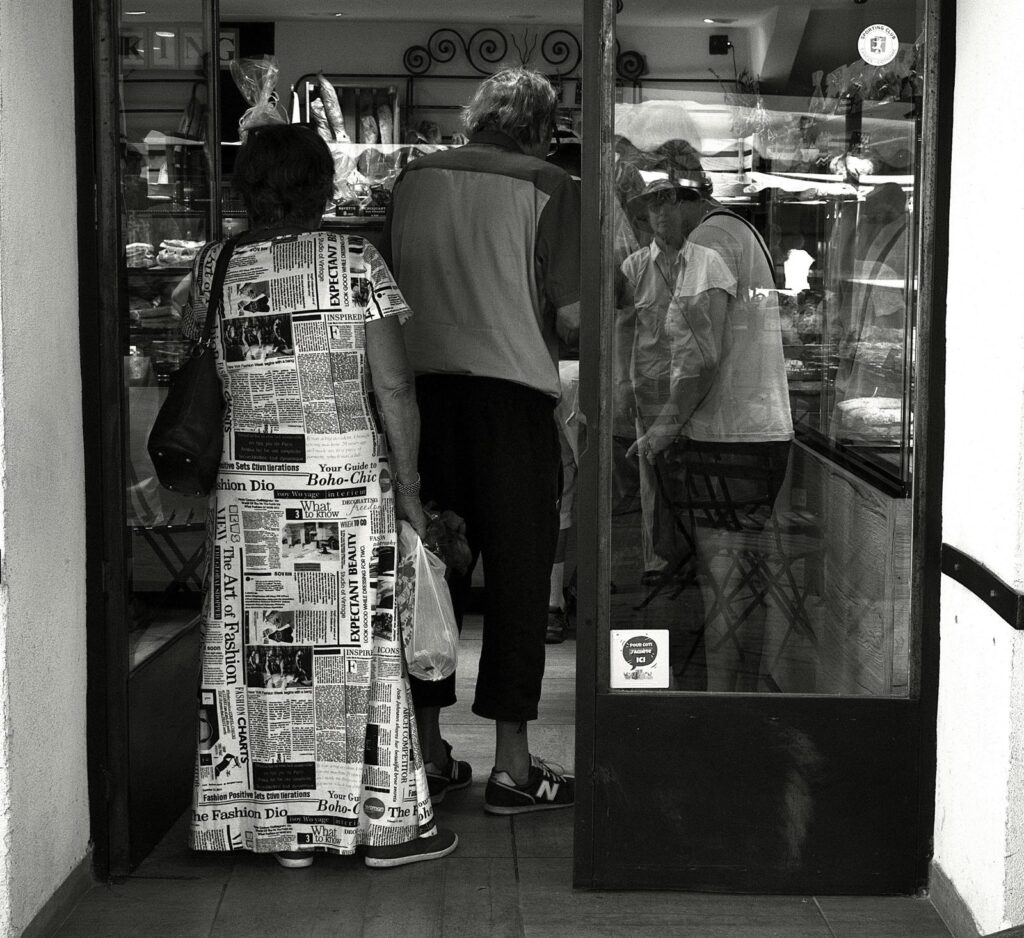All the news that’s fit to wear

Quote of the Day
”Power corrupts, and PowerPoint corrupts absolutely.”
- Vint Cerf
Musical alternative to the morning’s radio news
Bach | Goldberg Variations, BWV 988: Aria | Lang Lang
Long Read of the Day
Our gilded age
I chanced upon an account of the grotesque extravaganza of Jeff Bezos’s wedding in Venice (spoiler alert: keep a sickbag handy) and it reminded me of a remarkable article by Sarah Churchwell in the Financial Times. In it, she argues that F. Scott Fitzgerald’s masterpiece, The Great Gatsby, published a century ago, has some eerie resonances with our current gilded age of billionaire excess.
She writes of Dan Cody, for example, the multimillionaire tycoon in the novel, who becomes Jay Gatsby’s early mentor.
Such figures, having already grabbed the world’s spoils, can to a great extent shape the destinies of those around them. In fact, images of despoliation shape The Great Gatsby from beginning to end, from narrator Nick Carraway’s description of “what preyed on Gatsby, what foul dust floated in the wake of his dreams” at the start, to the “vanished trees, the trees that had made way for Gatsby’s house” at the novel’s bravura close.
Gatsby reaches beyond the moral failures of its characters to expose carelessness as a political force. This includes not only the oligarchy’s immunity from consequence, but also the way extraction was equated with success. The unheeding brutality of so-called world-builders has returned most recently in the dark fantasies of Trumpism, and in Silicon Valley’s fatuous motto, “move fast and break things”…
Great stuff. Worth a read. It also has some wonderful juxtapositions of stills from the various film versions of The Great Gatsby and photographs from the Trump inauguration and other contemporary excesses.
So many books, so little time
Andrew Brown (Whom God Preserve) is a great reader who believes (as I do) that writing marginal notes in a printed book is a good way to draw attention passages that might be worth referring back to.
But what do you do when you’re reading an eBook on a tablet?
In a nice blog post, he outlines a solution he’s found to the annotation problem. It’s an app called Nebo which, he says,
can read accurately some really foul handwriting. It’s much better than the handwriting recognition built in either to Windows or the iPad OS. Despite some oddities of formatting, I’d guess the error rate, even on my handwriting, is about one word in fifty. So what I do now is to use the split screen on the iPad with whatever I am reading down one side, and Nebo on the other. Both the Kindle app and Zotero will allow you to attach notes to highlighted text, so I write the notes on the Nebo side and then copy and paste them into the reading side. Of course it’s more faff than simply writing onto the margins of a paper, but I think it is worth the extra effort to have something that can so easily be brought into whatever I am writing. This may be wrong. Perhaps the discipline of typing up handwritten notes would fix things yet more firmly in my aged brain.
I’ve used Nebo for ages and can testify to its ability to manage my handwriting. And I also have to agree with Andrew’s parting shot:
Of course none of these tricks is really a substitute for the thing you have to do if you are to understand a worthwhile book, which is to read it at least twice over, carefully.
This Blog is also available as an email three days a week. If you think that might suit you better, why not subscribe? One email on Mondays, Wednesdays and Fridays delivered to your inbox at 5am UK time. It’s free, and you can always unsubscribe if you conclude your inbox is full enough already!
